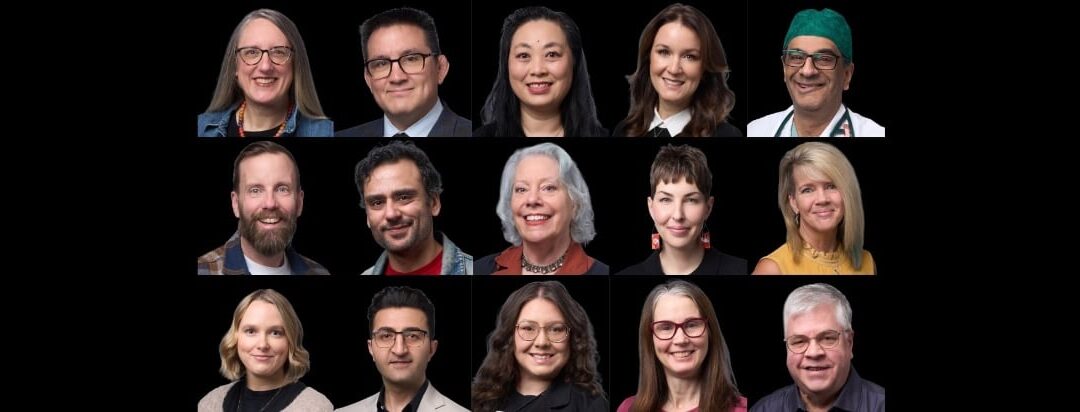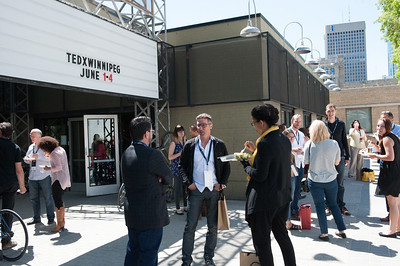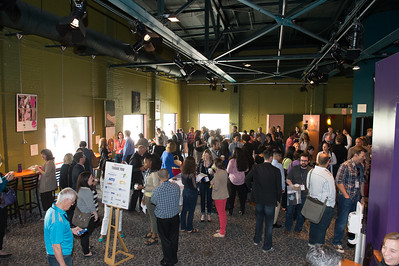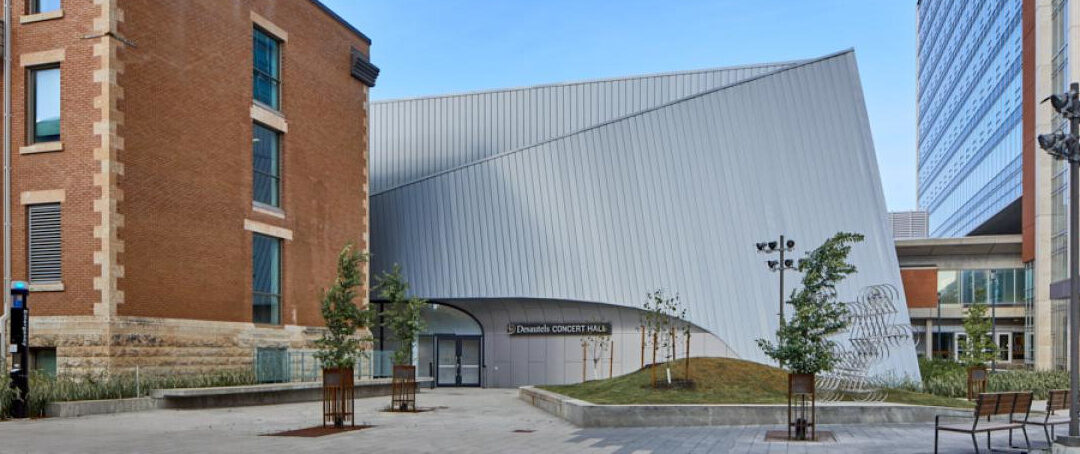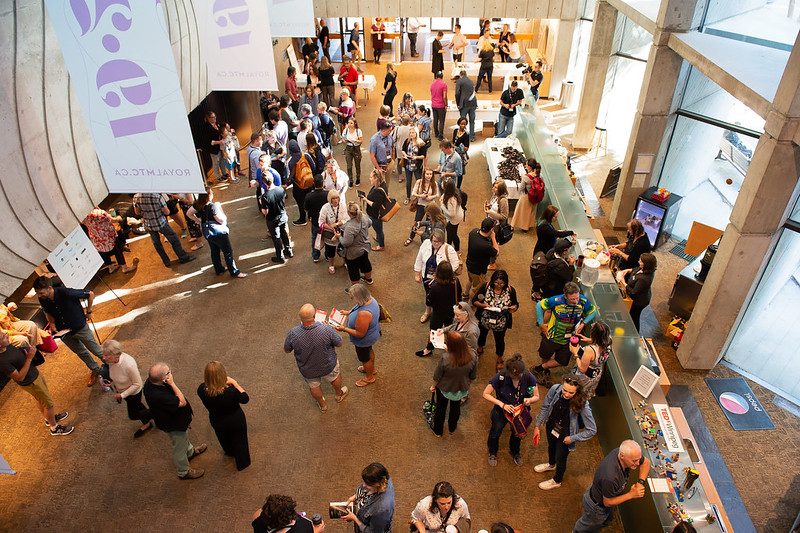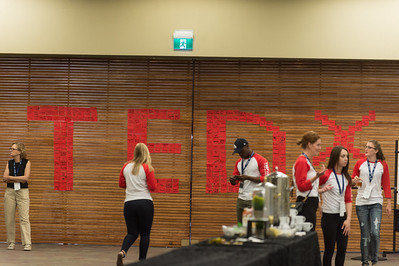1. What motivates you?
When I was a kid I remember feeling shortchanged thinking that by the time I grow up everything worth discovering would be discovered and there is nothing left for me. Talk about predictions that turned out to be wrong.
I am motivated by getting the facts right on the storm humanity managed to navigate itself and the planet into by the start of the third millennium. Science now calls this the anthropocene, a new geological epoch. We might as well also call it Terra Incognita or unknown territory. It’s not exactly the type of territory one is hoping to discover as a child, but it sure is as vast an unknown as anything humans faced during their history. Ultimately I am interested in helping people navigate this unknown, which involves not only ‘discovering’ this future landscape, but also constructing it through our act of discovering, including discovering who we really are and what our purpose is.
2. What do you do for a living, and what do you love about it?
I am a full time professor, part time consultant and closet social entrepreneur. I do academic research and teach 4-5 graduate classes, advise Masters and PhD students. As a consultant and social entrepreneur I carry out applied research and capacity building. Substantively my work is focused broadly on sustainable development, an area of interest since the early nineties when I joined IISD, with specialisation in sustainability measurement and assessment, strategies, scenarios and adaptation to global change. I work worldwide from the community to the truly global level with partners that range from small town civil society groups to major international organizations.
I love that my work allows – and even requires – me to tackle the largest existential questions not only in conceptual and broad but often also in very practical contexts, bridge science, technology and policy, connect art, science and even ethics and spirituality. As its ultimate goal focuses on the common good of people and the planet as an integrated whole.
As a central player in some key global forward-looking assessments (like the Global Environment Outlook system) over the last 10-15 years my belief strengthened about the need for rethinking the way society and our communities navigate their way into the future.
3. Why are you excited to speak at TEDx?
It will be a good opportunity to get some key messages out in a form that may reach a broader non-expert audience. I’ve been a TED fan for a long time and love the format.
4. Which TED (or TEDx) talk do you think everyone should watch?
Out of the ones I’ve seen, Hans Rosling is my favourite.
[ted id=92]
5. What is your idea worth spreading?
The idea is that at a time when society (globally and down to the community level) is probably entering (has entered) more turbulent times, it will need to rethink how it navigates its way going forward. I will talk about ASAP – active situational awareness platforms, which is a term I started to use for social institutions that involve community members in constructing and taking full and permanent ownership of their community profile as an instrument of navigation. The specific example I will mention is Peg, but I will talk more generally about principles, conceptually (though probably not explicitly) drawing on the Bellagio Sustainability Assessment and Measurement Principles that my team co-developed with the OECD a few years ago. ASAP is not without precedent, but to me it brings together several elements – active social involvement, building collective awareness of the broader context, including historic and forward looking components using quantitative evidence and qualitative information (art, narratives), and a technical side (technical platforms like Peg).
6. If you could witness any historic event, which one would you choose?
That’s the hardest one. Probably a sacred ceremony in a traditional society, giving thanks for a good harvest.

